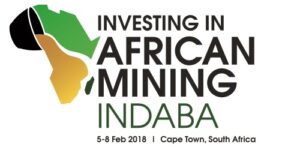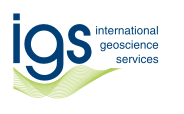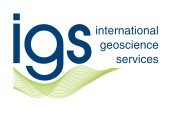 IGS is pleased to announce that we will be attending the Mining Indaba in Cape Town from 5-8th February.
IGS is pleased to announce that we will be attending the Mining Indaba in Cape Town from 5-8th February.
Peter Zawada, Managing Director of IGS, will be attending to meet existing and potential clients, and IGS will also be part-sponsoring the UK pavilion at the event, stand number 1316.
Mining Indaba is the largest gathering mining and exploration-related event in Africa which occurs each year in South Africa. We look forward to meeting our existing clients and to speaking with prospective new partners over the duration of the event. Please contact the UK pavilion to arrange a time to speak with Peter if you happen to be attending the event.

